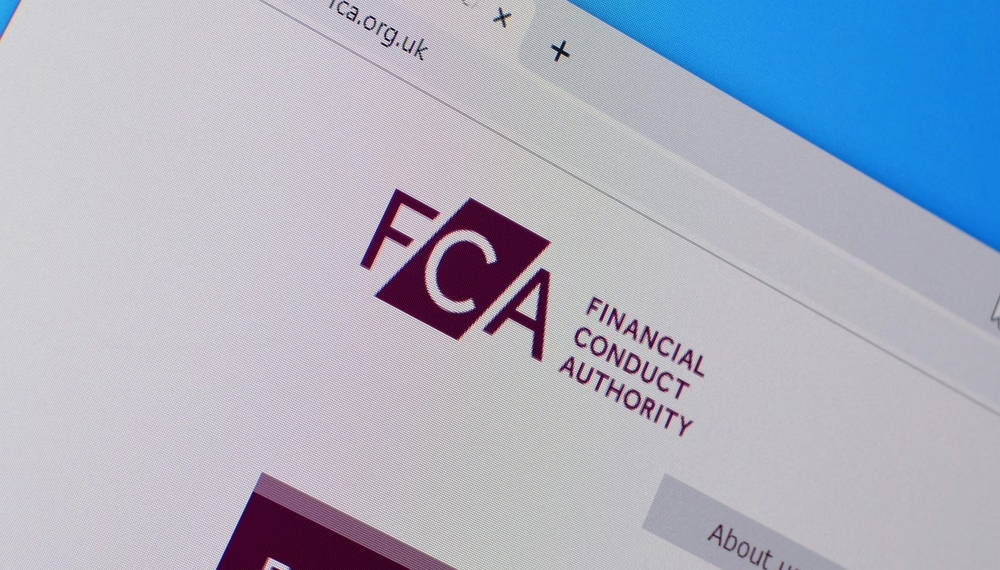
- The UK Financial Conduct Authority (FCA) has reviewed compliance with cryptoasset financial promotion rules, noting both progress and areas needing improvement in practices like cooling-off periods and risk warnings.
- The FCA’s analysis highlights inconsistent practices in client categorization and appropriateness testing, revealing gaps in investor protection and suitability assessments.
- Despite solid record keeping, many firms struggle to use data effectively, and the current due diligence on cryptoassets shows that firms often fail to comply with UK standards, especially concerning the stability of promoted assets.
- Read more CCI Policy Briefs
FCA and Crypto: New Good and Bad Practices Document
The UK Financial Conduct Authority (FCA) recently published a good and bad practices document relating to firms’ compliance with back end cryptoasset financial promotion rules.
In short, the FCA’s review shows that while many firms are trying, and indeed succeeding in meeting the expectations of the regulator, there are still a lot of areas for improvement.
What’s in the latest FCA crypto rules?
The Financial Conduct Authority (FCA) has been at the forefront of regulating the crypto space to enhance consumer protection and market integrity. Recent observations on the implementation of these regulations reveal progress, however some areas need improvement.
The FCA reviewed:
- 24-hour cooling off periods
- personalised risk warnings
- client categorization
- appropriateness assessments
- Due diligence
Here’s a closer look:
Cooling-Off Periods: A Mixed Picture
Cooling-off periods are a crucial component of the FCA crypto rules, designed to give consumers time to reconsider their investments. However, the implementation has been inconsistent:
- Lack of Information: In some cases, consumers were not always informed about why a cooling-off period was in place. This lack of clarity risks undermining the effectiveness of this protective measure.
- Limited Options: Not all firms provided consumers with a clear choice to proceed with or exit the investment journey at the end of the cooling-off period. This omission can lead to potential confusion and frustration for consumers.
Personalised Risk Warnings: Varied Approaches
Personalised risk warnings are intended to ensure that consumers are fully aware of the risks associated with their investments. The implementation of these warnings has been uneven:
- Prominence Issues: Some firms have not met the prominence requirements, meaning that risk warnings are not always easily noticeable or accessible.
- Influential Language: The language used in risk warnings has not always been neutral, encouraging consumers to continue with their investments rather than making an informed decision to leave if necessary.
Client Categorisation: Inconsistent Practices
Client categorisation under FCA crypto rules is meant to align consumers with appropriate levels of risk based on their profiles. However, the execution of this has shown discrepancies:
- Guidance and Manipulation: There have been instances where firms guided consumers to specific categories, potentially skewing the risk assessment process.
- Category Mismanagement: Some firms have incorrectly altered investor categories to downplay risks, which could mislead consumers about the true nature of their investments.
- Presentation Issues: The presentation of investor statements, especially on mobile devices, has been inconsistent, affecting the clarity and accessibility of important information.
Appropriateness Testing: Areas for Improvement
Appropriateness testing is a fundamental aspect of FCA crypto rules, designed to ensure that investments are suitable for consumers based on their knowledge and experience. Implementation here has been generally poor:
- Assessment Design: Many assessments were poorly designed, with firms using them as educational tools rather than as rigorous evaluative instruments. Issues include implausible or patterned multiple-choice questions and reliance on self-assessment by customers.
- Failing Practices: Although firms have implemented lockout periods effectively and many have adopted longer periods than required, practices vary in terms of the number of assessment attempts allowed, with some firms imposing limits and others permitting unlimited tries.
Record Keeping: Generally Effective
Record keeping is a key element of FCA crypto rules, aimed at ensuring transparency and accountability. Most firms have demonstrated good practices here:
- Compliance and Beyond: Firms are generally meeting the record-keeping requirements, with some going above and beyond by capturing additional data.
- Utilization of Data: Despite thorough record-keeping, many firms struggle to explain how they use this data to enhance the customer journey, highlighting a gap in leveraging information for continuous improvement.
Due Diligence on Cryptoassets: Current Practices
Due diligence is a critical component of FCA crypto rules, aimed at ensuring informed decision-making regarding cryptoassets. The current state of due diligence reveals several insights:
- Approach to Conducting Due Diligence: Most firms have appropriate due diligence processes, relying primarily on publicly available information. However, the best firms also consider specialist third-party information. Some firms have overly focused on whether a cryptoasset qualifies as a security in specific jurisdictions rather than adhering to UK requirements.
- Use of Due Diligence: The application of due diligence remains a weak point for many firms, as they often struggle to show how it informs their decision-making processes.
- Due Diligence on Stable Cryptoassets: Some firms have been found to promote cryptoassets as stable despite them failing to maintain a stable value. Additionally, some firms do not actively monitor the stability of the cryptoassets they promote.
It is great to see the FCA proactively monitoring the market and being upfront and transparent in their findings. However, given this is not the first document of this type, and it holds no formal status (and therefore firms could not rely on it during implementation), it does beg the question if and when the FCA will consider implementing formal guidance.

























